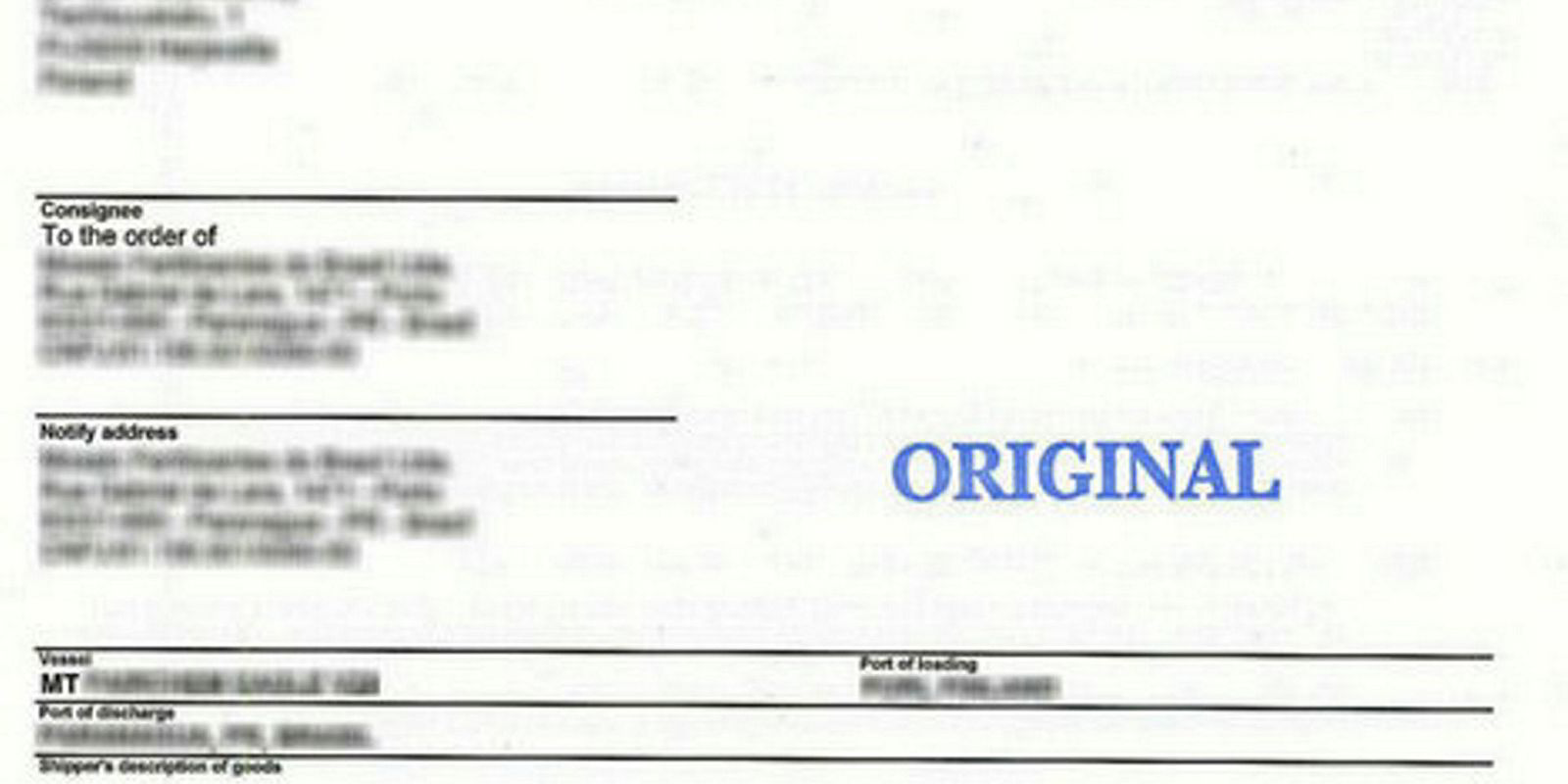There is much talk in the shipping world of technological reform — indeed there has always been.
TradeWinds published articles within a week on blockchain and electronic bills of trading at the end of May 2018. On 25 May, it was reported that AP Moller-Maersk’s blockchain insurance platform had gone live. And on 30 May, Bolero International was said to be teaming up with NR Capital to open access to electronic bills of trading for bulk shipping.
At the same time, shipping is one of the most paper-heavy businesses to still operate in such a way in the 21st century. Bills of lading, essential and familiar requirements for centuries, remain as paper documents. The time and cost-saving opportunities for streamlining, blockchain, accounting, insurance, legal and technological efficiencies are obvious.
Yet before shipping rushes headlong into technological reform and a blockchain system for bills of lading, it is wise to offer a warning.
Shipping should of course upgrade GPS systems and the wider technology onboard vessels should be as secure as possible from online hackers and satellite interference, but the paperwork that has oiled the wheels of the industry for centuries should be carefully considered before being replaced altogether.
Ports that are fully-linked and able to operate remotely are also those that can be shut down remotely. Shipping runs the risk of having entire fleets and the trade they carry severely impacted in a single attack and on an unprecedented scale if paperwork were to be fully replaced.
Unprecendented danger
Technological disasters are a 21st century problem and all too prevalent. At the end of June 2017, Maersk faced an unprecedented cyber-attack.
Given that Maersk accounts for about 18% of all container trade, this had a significant impact on the logistic chain and the enormous cost has been put in the region of $300m. The NotPetya cyber-attack also hit Merck and FedEx and the cumulative cost was about $800m.
Just a month before Maersk’s problems, British Airways suffered a devastating worldwide IT breach that shut down their system for hours and left passengers stranded during the second UK May Bank Holiday. The cost to the airline, not to mention those affected, ran to £100m.
Most recently The Times ran an article (22 June 2018) with the headline ‘Poorly protected ships at severe risk of cyberattack’. It suggested that cyber security in the global shipping industry was "about a decade behind other sectors". Cyber warfare is seen as a major world threat. The safest way to stay safe online is to be offline. The uncomfortable truth is that hard copies remain the best bet for security.
Cyber warfare is seen as a major world threat. The safest way to stay safe online is to be offline.
This piece is not recommending a retrograde step into the past, but rather, a suggestion that shipping’s greatest asset in the global fight against cyber warfare is quite perversely its old-fashioned and thoroughly time-consuming paperwork.
If we take the disasters of last year listed above and apply them to global shipping — an industry that takes about 90% of world trade, and if 5% of world shipping were to be disrupted in this fashion, then a world recession could be triggered.
If one were to add scale to that percentage, then the potential for a genuine trade war is therefore clear for all to see.
The humanitarian disasters that could arise are obvious, with the potential for people to go hungry. Islands in particular — the UK imports 51% of its food, some £60bn and nearly 10% of its total imports — are particularly exposed.
This article is, therefore, a warning: in many respects quite paradoxically, shipping’s greatest defence against cyber disaster lies not in technological advancement and blockchain, but in the very old-fashioned way in which its paperwork is still done.
Bills of lading aside, where technology is used to upgrade systems, it must be done with the greatest of care and with proper consideration for the ever-increasing global threat of cyber warfare.
George Gross is an analyst at Christofferson, Robb & Co and visiting research fellow at King's College London University





